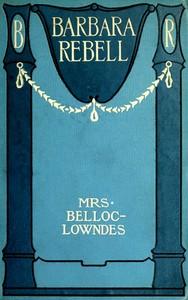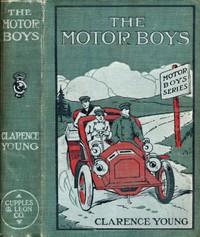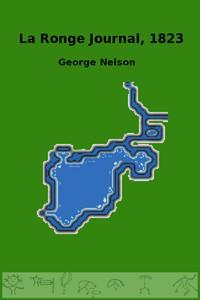Read this ebook for free! No credit card needed, absolutely nothing to pay.
Words: 4530 in 2 pages
This is an ebook sharing website. You can read the uploaded ebooks for free here. No credit cards needed, nothing to pay. If you want to own a digital copy of the ebook, or want to read offline with your favorite ebook-reader, then you can choose to buy and download the ebook.


: Vidéki hirek és más elbeszélések by M Ricz Zsigmond Haranghy Jen Illustrator - Short stories Hungarian; Hungarian fiction
PAGE
The Book and the printers of the second generation--The German workmen dispersed through Europe--Caxton and the introduction of printing into England--Nicholas Jenson and his supposed mission to Mayence--The first printing in Paris; William Fichet and John Heinlein--The first French printers; their installation at the Sorbonne and their publications--The movement in France--The illustration of the Book commenced in Italy--The Book in Italy; engraving in relief and metal plates--The Book in Germany: Cologne, Nuremberg, Basle--The Book in the Low Countries--French schools of ornament of the Book; Books of Hours; booksellers at the end of the fifteenth century--Literary taste in titles in France at the end of the fifteenth century--Printers and booksellers' marks--The appearance of the portrait in the Book--Progress in England--Caxton and his followers.
THE BOOK IN THE EIGHTEENTH CENTURY 184
THE BOOK IN THE NINETEENTH CENTURY 218
The Didots and their improvements--The folio Racine--The school of Didot--Fine publications in England and Germany--Literature and art of the Restoration--Romanticism--Wood engraving--Bewick's pupils, Clennell, etc.--The illustrators of romances--The generation of 1840--The Book in our days in Europe and America.
TYPES, IMPRESSION, PAPER, INK 239
BOOKBINDING 253
LIBRARIES 290
INDEX 305
THE PRINTED BOOK.
It is not our task to discuss this question at length, nor to decide if at first these reliefs were obtained on wood or metal. It is a recognised fact that the single sheet with a printed figure preceded the xylographic book in which text and illustration were cut in the same block. This process did not appear much before the second quarter of the fifteenth century, and it was employed principally for popular works which were then the universal taste. The engraving also was nothing more than a kind of imposition palmed off as a manuscript; the vignettes were often covered with brilliant colours and gold, and the whole sold as of the best quality.
No. 1 represents the birth and genealogy of Jesus Christ, No. 2 the offerings of the Magi, No. 3 the baptism of St. John, No. 4 the Temptation of Christ, No. 5 the Sermon on the Mount, No. 6 the parable of the birds.
Free books android app tbrJar TBR JAR Read Free books online gutenberg
More posts by @FreeBooks


: The Motor Boys; or Chums Through Thick and Thin by Young Clarence Nuttall Charles Illustrator - Motorcycles Juvenile fiction; Sports stories; Racing Juvenile fiction







